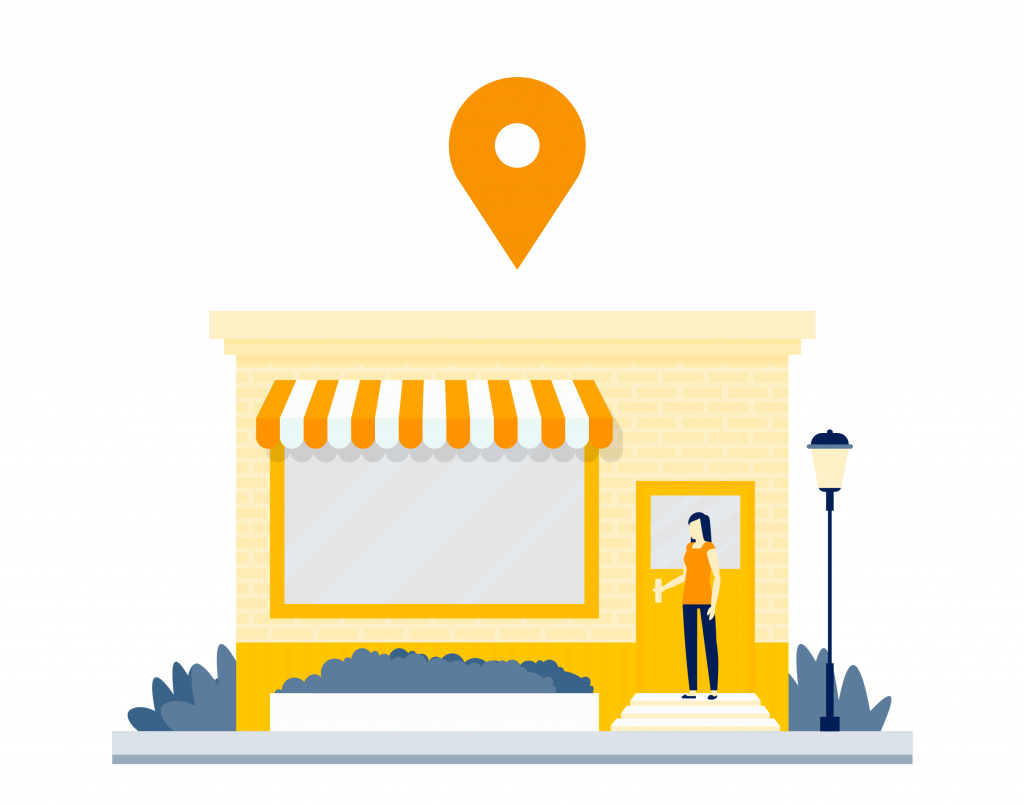Move city services online
Cities can save agency resources, better assist businesses, and keep residents safe by moving processes online and removing requirements for in-person visits.
The pandemic has changed the way we do business, as well as how we interface with governments to complete crucial tasks. Demand for permits, such as outdoor dining permits, has grown, while business owners look online to file paperwork.
Cities lack online resources
Many cities relying on outdated technology find themselves unable to meet the needs of entrepreneurs at home. Some permits and licenses aren’t supported online—and zoning compliance and other in-person checks remain on hold. This leaves business owners in a state of limbo and creates a backlog that further slows down the regulatory process.
According to one report, only 4% of mid-sized cities offer fully digitized services. And in larger cities, steps for starting a business still often take place at least partly in person.

Online tools
It doesn’t have to be this way. Cities can take a two-pronged approach to improving resources for entrepreneurs, moving paperwork and services online while improving virtual checklists and guides to starting a business:
- In 2016, San Diego partnered with OpenCounter to create an online portal for entrepreneurs to research and access permit applications for their businesses. By 2018, the portal had been used to scope 9,032 zoning lookups and 7,642 business permitting projects, saving around 2,990 hours of staff time.
- The Minneapolis Business Portal features detailed checklists so entrepreneurs can better understand each component of starting a business.
- In response to the pandemic, Denver’s Department of Excise and Licenses has added to the number of license categories that can be applied for online. Currently, 55% of the Department’s licensing volume is available online and city officials hope to continue adding more categories to the list.
- Miami has been forced to close government offices and suspend in-person code compliance inspections. But because officials use an electronic system for plan and permit review, the City can move forward with consultations and other permitting processes remotely. Unfortunately, this is not the case for Certificates of Use or Business Tax Receipts—two crucial steps which every Miami business owner must complete to start a business.
- Building officials in Orange County, FL, are offering remote inspections to keep regulatory processes moving during the pandemic. For both commercial and residential projects, contractors can submit a remote inspection form and connect with inspectors in 30-minute intervals throughout the day through any video-enabled mobile device.
- At the state level, Michigan’s Barbering Board has suspended processing paper applications and is now conducting all business through its online application portal.
City-specific reforms
To save staff resources, keep residents safe, and better assist entrepreneurs, cities should adopt a targeted approach for moving processes online. Reforms should include:
- Create a one-stop shop for business owners to follow registration requirements, submit paperwork, and pay fees to multiple agencies.
- Build user-friendly checklists that detail the process of starting up so applicants can avoid in-person consultations.
- Reduce or combine in-person steps and streamline business licensing so requirements can be completed in fewer visits.
- Reform codes that require in-person checks, such as zoning signoffs, notarized signatures, or redundant submissions and consultations.
Cities of all sizes must update rules to reflect new protocols. But by working with entrepreneurs to improve communication and resources, officials can balance health-and-safety concerns while fostering economic development.
Let’s get to work in your city.
Please fill out this form and an IJ staff member will reach out to you shortly.
